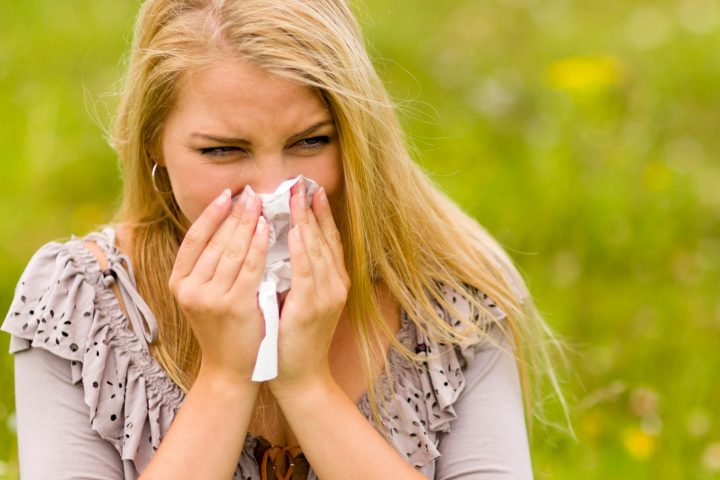As blooming flowers accompany the start of summer, they also present a serious problem for your workplace, as the spread of pollen signals hay fever season.
Hay fever, characterised by itchy eyes, runny nose and frequent sneezing, causes nearly 4 in 10 workers to have trouble doing their job, according to research by Well Pharmacy. The same research found that 1 in 5 of those suffering from hay fever have taken time off work for their allergy. Furthermore, a third of those who took time off admitted to not telling their employer the real reason for their absence, fearing that their boss wouldn’t find hay fever to be a proper excuse.
However, research shows that hay fever does have the potential to be debilitating in the workplace. About 40 per cent of those with hay fever found it harder to concentrate on work tasks, and 20 per cent of those with the allergy reported being more irritable with their colleagues when suffering.
Hay fever season stretches all summer, costing employers £7.1 billion in lost productivity, according to Allergy UK. Follow these guidelines to reduce the risk of hay fever at your workplace:
- Remove plants and flowers from the workplace—Although aesthetically pleasing, this form of décor isn’t worth the spread of pollen indoors.
- Offer coat and jacket storage—Clothes can pick up pollen and carry them indoors. Keep coats and jackets in a storage area to prevent pollen from spreading throughout employees’ workspaces.
- Improve the flooring—Pollen can often fester in carpet flooring. Vacuum carpets on a regular basis and consider switching to hardwood floors, if possible.
Light at the end of the tunnel?
For those suffering from hay fever, there is some potential light at the end of the tunnel, as scientists from the Medical University of Vienna have been working on a new hay fever vaccine.
While the aim is to completely eliminate the symptoms of hay fever, the current version only reduces up to 60 per cent of its symptoms. Scientists believe that it will take at least another three years before the vaccine will be ready.
Even though a potential cure won’t be available until at least 2021, there are several tactics that you can use to reduce hay fever’s effects:
- Put Vaseline around your nostrils to trap pollen.
- Check the Met Office’s Pollen Forecast, which provides up-to-date forecasts on pollen.
- Keep all windows and doors in your home closed if possible. It's not always easy to follow this advice during a heatwave, but stopping pollen getting into your home will reduce your suffering.
- Increase your frequency of dusting and vacuuming.
- Speak to your pharmacist about the best over-the-counter treatments, such as antihistamine drops, tablets or nasal sprays.
We can't cure hay fever, but we can help you manage risks
During the current warm and sunny weather, pollen levels are high across the UK, so it becomes more of a risk to your workforce who might suffer the symptoms of hay fever.
This might be something you haven't thought of seriously as being a workplace risk before, yet it can prove costly if workers are forced to take time off through illness, or find themselves struggling to be as productive as possible while working through the symptoms.
The risk management team at Bollington is here not only to help you ensure that your working environment is safe and compliant with legislation, but also to provide additional advice and support where issues arise. If you have any questions regarding safe and effective workplace risk management, contact the team on 0161 929 1851 and see how we can help you.








